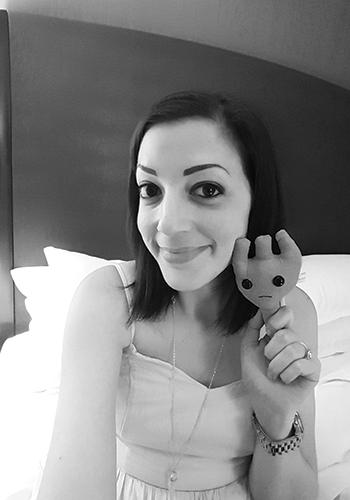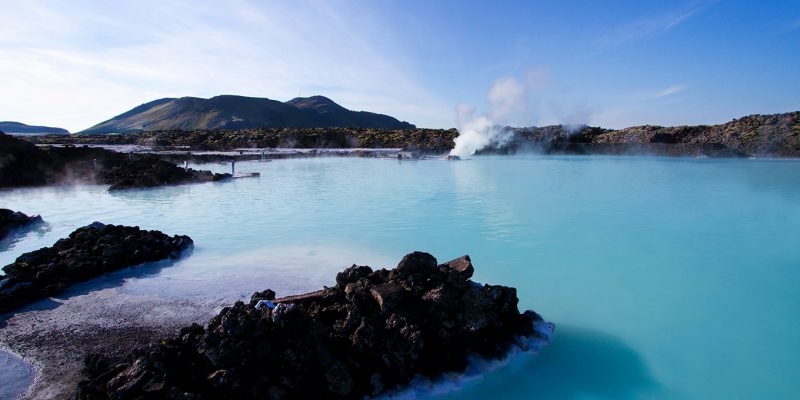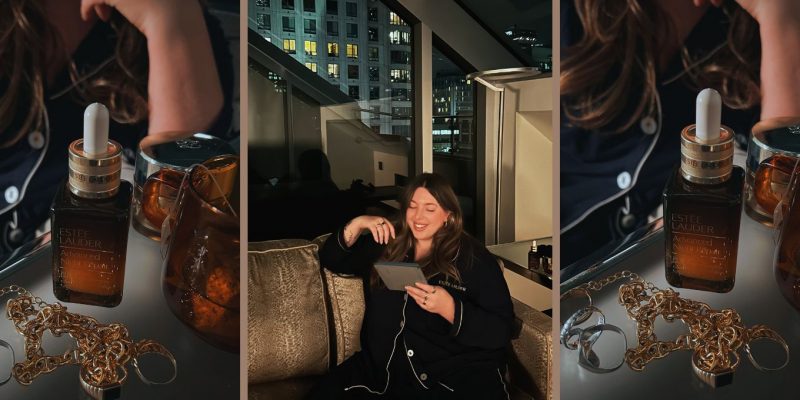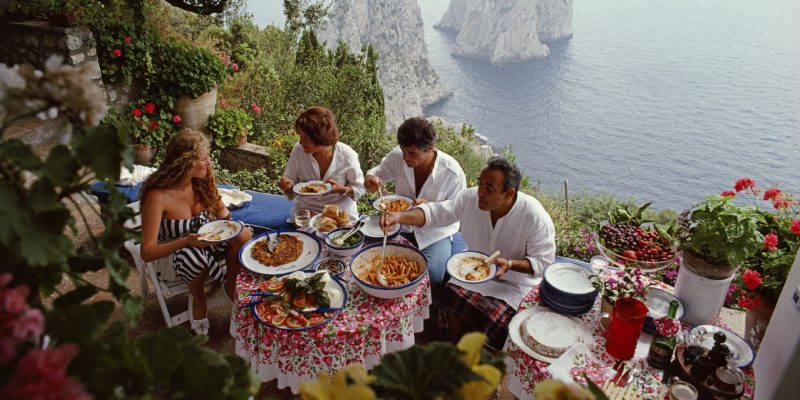Health & Fitness
#lifereboot: Stephanie Gilman attends a young-adult cancer conference
Stephanie Gilman discovers that there are a few perks to being in the “Cancer Club.”
by : Stephanie Gilman- Jul 7th, 2015

I recently attended a work-related conference on young-adult (YA) cancer. I was there representing Rethink Breast Cancer, an organization for which I am the digital marketing coordinator, but I also have a personal interest: I am a young person who had cancer. The CancerCon conference was put on by Stupid Cancer, a non-profit group that brings awareness to young adults who have had the disease. This was my first real experience being surrounded by hundreds of others who had (or, for many, are currently experiencing) cancer in their 20s and 30s.
Being thrust into that somewhat-intense environment brought to light my burgeoning identity crisis. Do I fit in with this group? Do I even want to fit in? Are these “my people”? I experienced one of these existential moments during a lunch break. Some of the tables in the room were reserved for attendees who work in the YA cancer field, while others were labelled according to the type of cancer the tablemates had experienced. At first I wasn’t sure which table to choose, but then I decided to sit at the one reserved for breast-cancer patients.
“Hey, breast cancer, whaddup?” I exclaimed as I took my seat, offering an awkward greeting in an alreadyawkward situation. Although it’s comforting to know that we shared a life-changing experience, I also felt a strange pressure, like I had to talk about cancer. I imagine the leukemia gang at the table beside us felt the same way. We may have lived through the same awful disease, but that doesn’t mean we have other things in common. Truth be told, I would have been more comfortable at the “Fans of The Bachelor” table or the “Cheese Lovers” table, if either had been an option.
READ MORE: 6 lessons learned from a social media cleanse
I experienced this same push and pull during some of the breakout sessions that explored intimacy, fertility and survivorship issues. Numerous times I found myself nodding my head in agreement as I listened to others comment about the long-term side effects of their treatments or how cancer has affected their relationships. I also understood what they meant when they said that they suffered from ongoing fear and anxiety. #beenthere
But as more people shared their personal anecdotes, and communal tears were shed, I found that I didn’t feel like partaking in the group bonding anymore. In fact, I wanted to run through the doors and go back to my post as “professional attending a conference” and shed my cancer cloak. I didn’t feel like hearing people cry, and I didn’t want to cry with them. As much as I am undeniably a member of the “Cancer Club,” there are moments when I just want to escape that label. Sometimes I just want to be me – whoever that is.
READ MORE: The struggle to feel feminine after breast cancer
Back at the Rethink booth, where I was talking to people about our work, a few cancer patients approached the table and began to watch a video that was playing in which I offer chemo-treatment tips. One of the girls did a double take when she saw that I was the person featured in the video.
“Ohmigod, that’s you! That’s so cool!” She and her friends were giddy when they realized that I was an undercover cancer patient who was, in fact, just like them. I had morphed into someone they could recognize and relate to. It felt good to be able to inspire them in some small way and make them feel less isolated – let them know I was part of their club, despite the fact that I was standing on the opposite side of the table.
And perhaps that’s the key: Maybe it’s about me being able to play multiple roles at once and not let any one trait, or experience, define me. I am a wife, a daughter, a sister, a colleague and a friend. I am strong, funny, smart, quirky and kind. I am so many things – with just a little cancer on the side.
READ MORE:
Learning new life lessons in an improv class
How our columnist found her new calling
What it’s like to have hot flashes in your 30s
Newsletter
Join our mailing list for the latest and biggest in fashion trends, beauty, culture and celebrity.
Read Next

Culture
This University Elevates Women to New Professional Heights
You shouldn’t have to pause your life to move forward in your career.
by : ELLE Canada- Apr 16th, 2024

VIP
9 Stylish Icelandic Adventures Tailored to Fashion-Conscious Canadians
Iceland’s stylish escapades for the fashion-forward Canadian traveller blend elegance with adventure.
by : Contributor Content- Apr 15th, 2024

Beauty
Tested and Approved: A Skin Saviour That Works While You Sleep
Wake up with your glowiest skin yet—even if you didn’t clock eight hours.
by : ELLE Canada- Apr 11th, 2024



